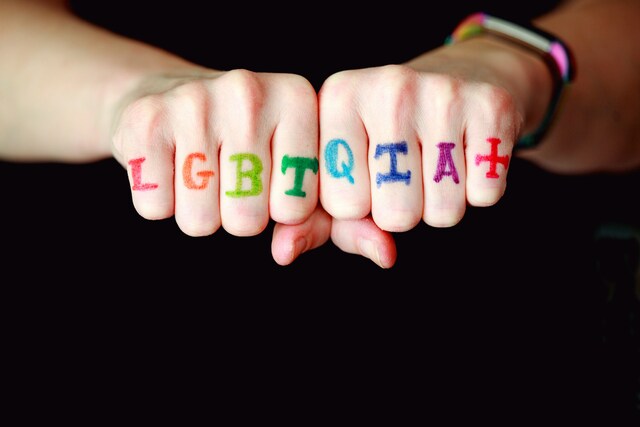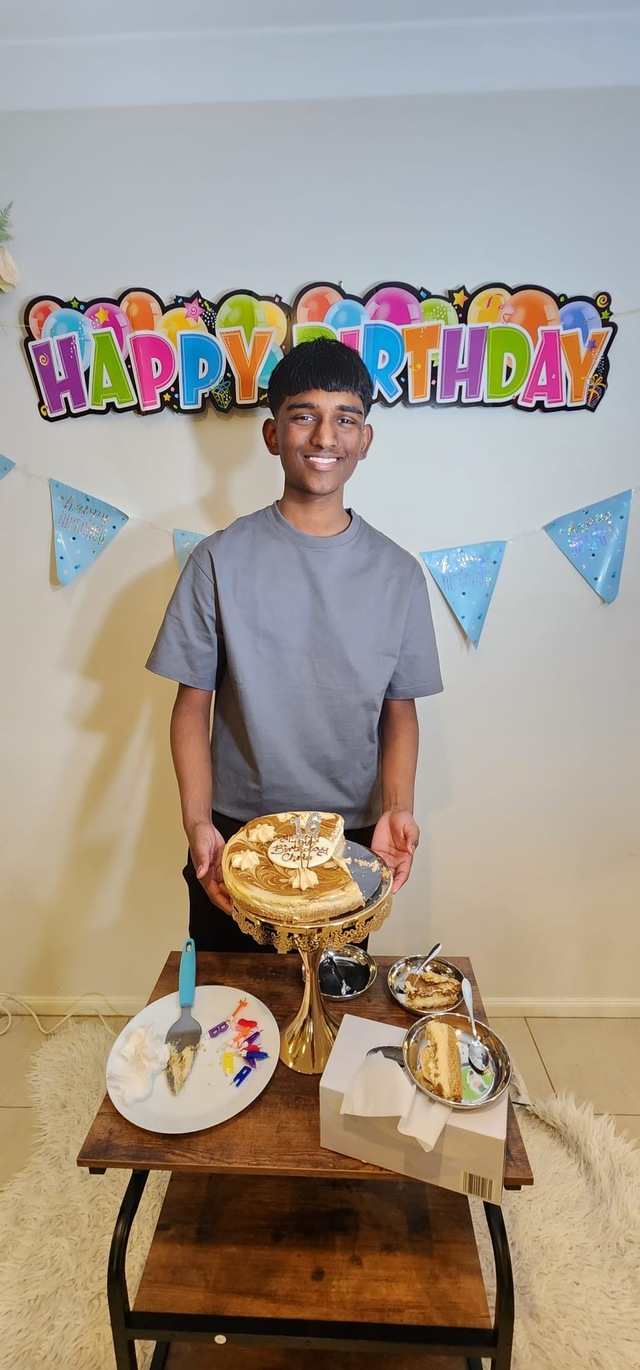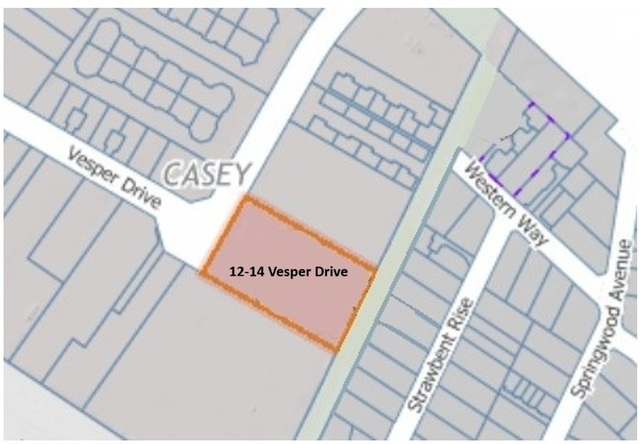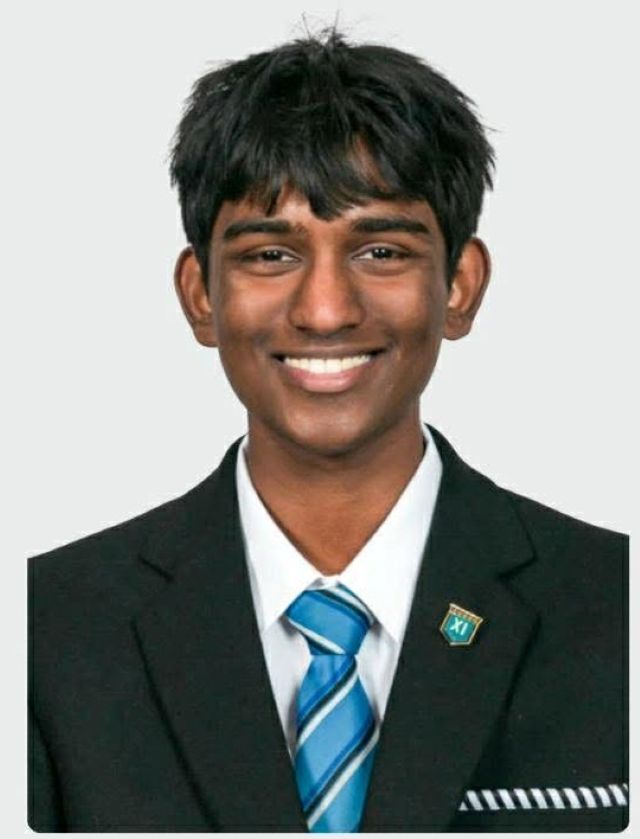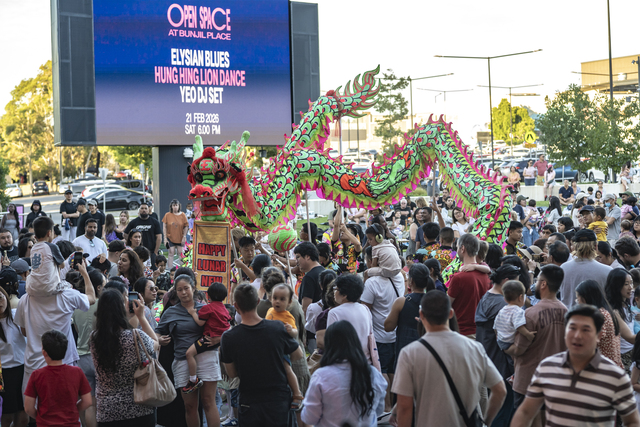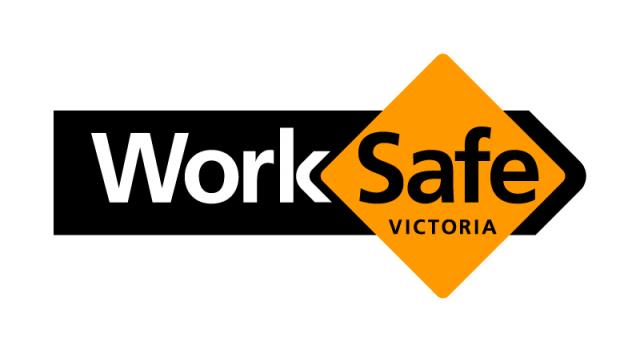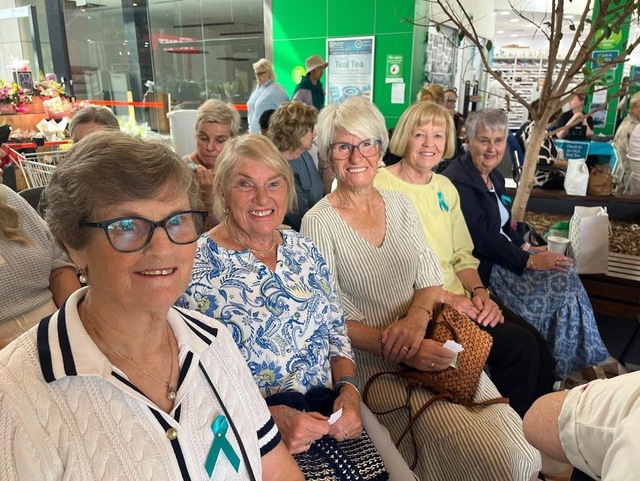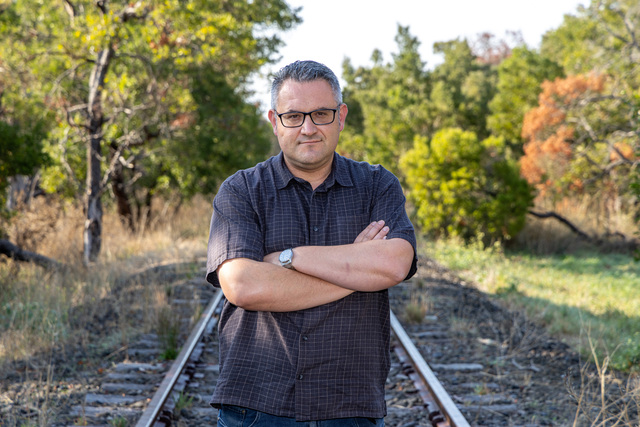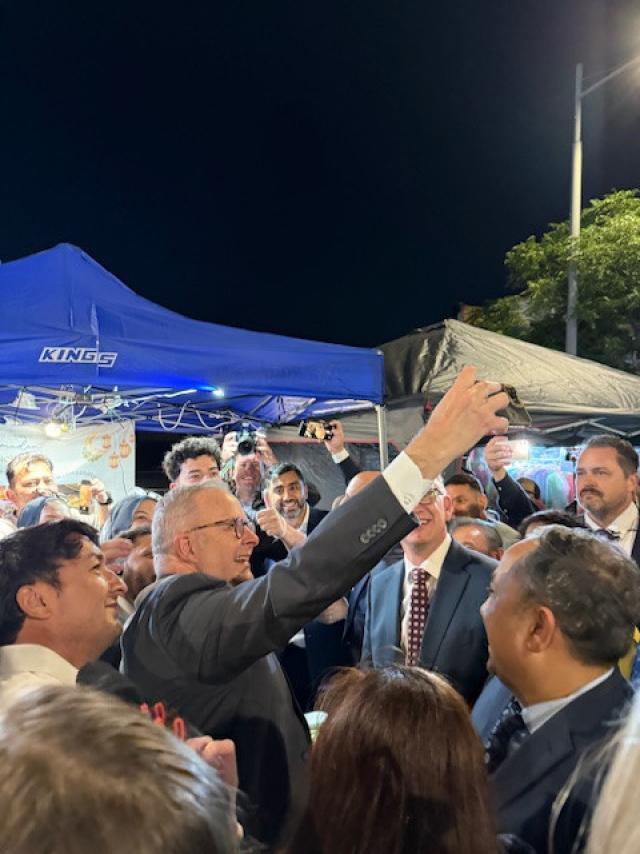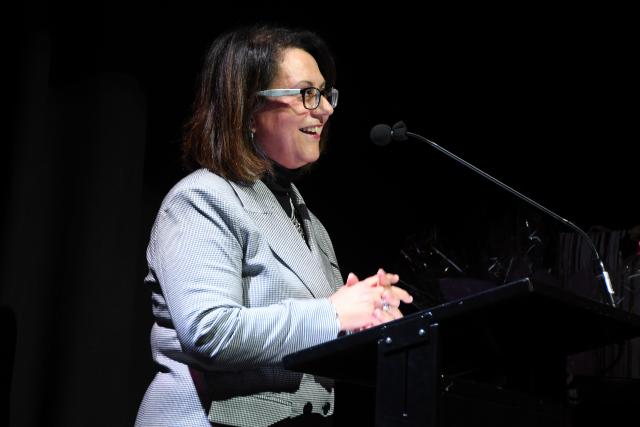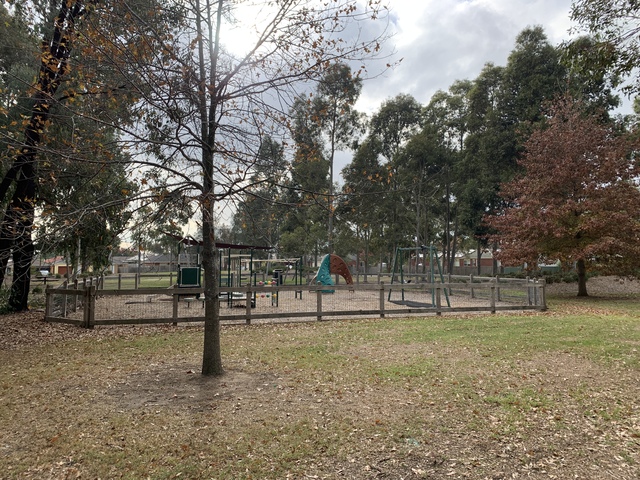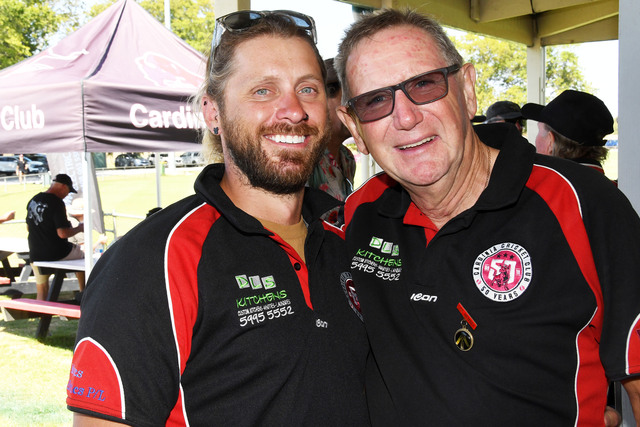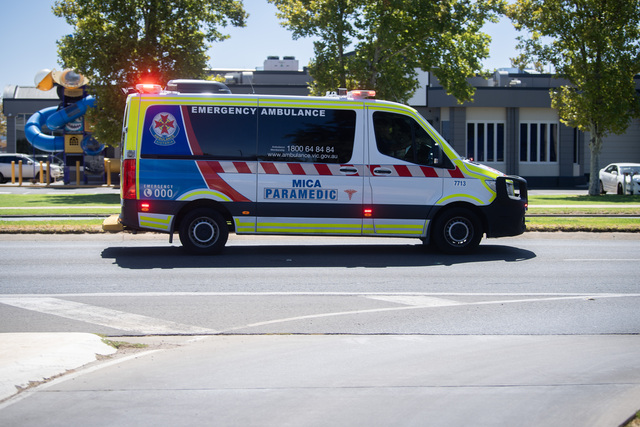As part of Youth Affairs Council Victoria’s Healthy Equal Youths Grants, the City of Casey will receive $10,000 to support LGTQIA+ youth in education under the Pride in Casey Schools campaign.
Part of a $102,000 in the 14th round of HEY Grants through 13 projects in Melbourne and regional Victoria, it aims to ensure that queer youth have access to inclusive services and support.
Naomi Crossley, Headspace Narre Warren’s community engagement coordinator, said that through the organisation’s pride group, the biggest factor she has noticed is the “ongoing challenge of feeling accepted for who you are”.
“It’s that and then to communicate that effectively to people that are important in your life and hope that your relationships can continue in the way that they are.
“But we know that that’s unfortunately not always the case, and with young people in Casey and others in the region, we’re seeing challenges around people not supporting queer youth,” she said.
According to Crossley, it remains common for those who identify themselves as part of the LGBTQIA+ community to feel a sense of fear and uncertainty.
Crossley, while not queer herself, sees the importance of being an ally to the community, being one of their many voices to provide an avenue for safe spaces and inclusion that allows queer youth to flourish.
“I think there are some fundamental things that organisations can be doing to promote outwardly, their acceptance of young people who identify as part of the queer community,” Crossley said.
“It should be around signposting things that showcase that the environment is safe, one that considers the engagement of the queer community in the way that they build that said environment.
“It could also be consulting with the community on what would be helpful, such as not assuming people’s pronouns, educating staff to be open and welcoming and so on.”
The HEY Grants are awarded annually to both new and existing projects that promote the social connectedness, mental health and well-being of LGBTQIA+ young people in communities.
Currently, the HEY Grants and its partnership with YACVic and the Victorian Government have delivered more than $1.6 million of funding to over 143 organisations.
Casuarina Ward councillor, Kim Ross, who also works as a child and adolescent psychologist, said that “it’s extremely important that we support youth who feel isolated”.
“Through the community’s questions, it’s quite clear that there are youth who don’t have that sense of belonging, and it’s a key part of what we need to do.
“Disability, equity and inclusion, how fragile all the rights that we’ve worked for are, it’s unfortunate that we actually need to have this as a focus, it would be wonderful if we didn’t need it at all.”
Ross expressed that there is a great difficulty when it comes to inclusion, especially considering that it challenges people to “step outside their own ego”, in the same sense that they need to be able to distinguish from their point of view to others’.
“For many people, we use confirmation bias to search for others who look like us and who fit us, and people who don’t fit us, well, they’re not part of the bubble,” she said.
“It takes effort and energy to step outside of the space, and this is why inclusion is important, to keep reminding people that yes, there’s progress, but it’s also so fragile.”
For Crossley, what’s important is to be “a person first”, and for others to really recognise that as a foundation when it comes to interactions with others that view the world through a different lens.
“When you learn about a person who may be different, one should approach it in a way that they’re just a person, so be curious, be open and ask questions,” she said.
“There are spaces for people’s opinions about a variety of topics and then queer community and poeple’s sexuality, gender identity and so on, should be no different.
“It’s being open to learning new things and challenging fixed beliefs that maybe have been held for a long time.
“It may be uncomfortable, but it’s how we learn and grow, and realistically, how things get better,” she said.
This story is developing, and more information will be added once it becomes available.

